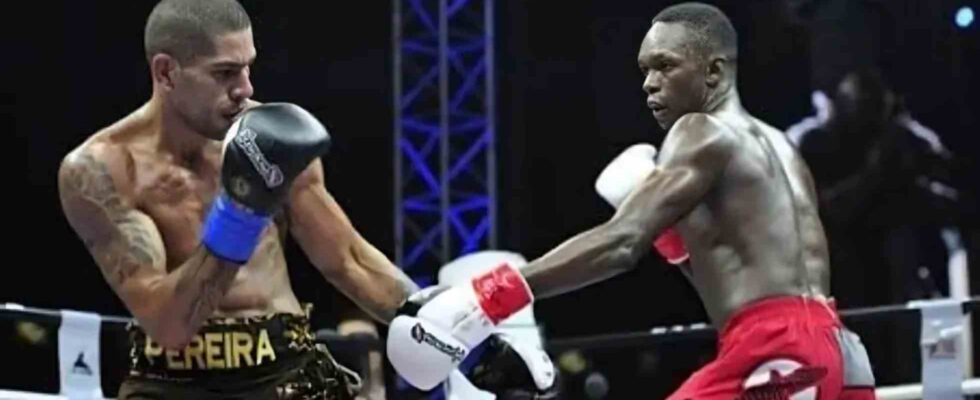Despite the hopes and aspirations, kickboxing has been denied entry to the Olympic Games at Los Angeles 2028, as announced by the local organizers. World Association of Kickboxing Organizations (WAKO) President, Roy Baker, has expressed his firm belief that the sport is “destined” to be a part of the Olympics, but it seems the dream must wait a little longer.
Kickboxing was one of nine sports under consideration for inclusion in the LA 2028 Olympic program, but ultimately, it wasn’t chosen. The selected sports include baseball/softball, cricket, flag football, lacrosse, and squash. The final confirmation is set to take place at the International Olympic Committee (IOC) Session in Mumbai starting on October 15.
While this is undoubtedly a setback for kickboxing, Baker remains optimistic and believes that the sport’s rapid progress, increased participation, and global media presence contributed to its shortlisting for the LA 2028 Games. WAKO gained full recognition from the IOC in 2021, and the sport was featured at the European Games in Poland earlier this year.
“We were naturally disappointed not to be selected for LA28,” said Baker, “However, we take immense pride and positive energy in the fact that kickboxing, being a relatively young Olympic sport, was shortlisted so quickly.”
Baker went on to emphasize that the focus remains on upcoming events such as the World Combat Games and the 2023 Kickboxing World Championships in Portugal, set to feature over 1,600 kickboxers. He reaffirmed the sport’s commitment to progress and a positive mindset.
As of now, kickboxing’s Olympic journey might have been delayed, but according to Baker, it’s only a matter of time before the sport claims its rightful place at the Summer Games.
The LA28 chairman, Casey Wasserman, stressed the importance of choosing sports that align with Southern California’s existing venues and that are accessible to communities. This approach has been at the heart of the organizers’ game plan.
Lacrosse: A sport with North American roots, lacrosse featured in the 1904 and 1908 Olympic Games and as a demonstration sport in the 1928, 1932, and 1948 Olympic Games. While it’s experiencing growth, it remains dominated by the US and Canada, limiting its global reach. With large roster sizes, it doesn’t align with the IOC’s trend toward smaller team rosters in sports like Rugby 7s and 3-v-3 basketball.
Flag Football: Flag football, a less-contact version of American football, is gaining popularity worldwide, especially among women. While it’s American in origin, it has a strong international presence. It’s an exciting choice with the potential to attract global audiences, thanks to a strong partnership with the NFL.
Baseball and Softball: These sports enjoyed full Olympic status from 1992 to 2008 but were dropped in 2012. With the possibility of games being held at the iconic Dodgers Stadium, these events are likely to be sell-out successes, appealing to both international and local fans. The inclusion of MLB players in the Olympics could elevate the sport even further.
Cricket: With an estimated 2.5 billion fans worldwide, cricket is a force to be reckoned with. While it’s not as prominent in the US, its growing appeal, especially among first- and second-generation Americans, could make it a global phenomenon.
Squash: This racquet sport, played by about 20 million people in over 185 countries, is making efforts to move from private clubs to public spaces. Its relatively low infrastructure costs make it an attractive prospect, although it competes with other racquet sports for younger audiences.
